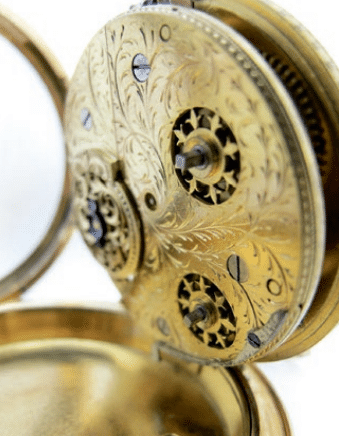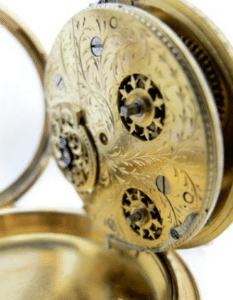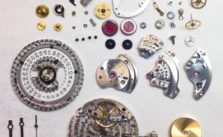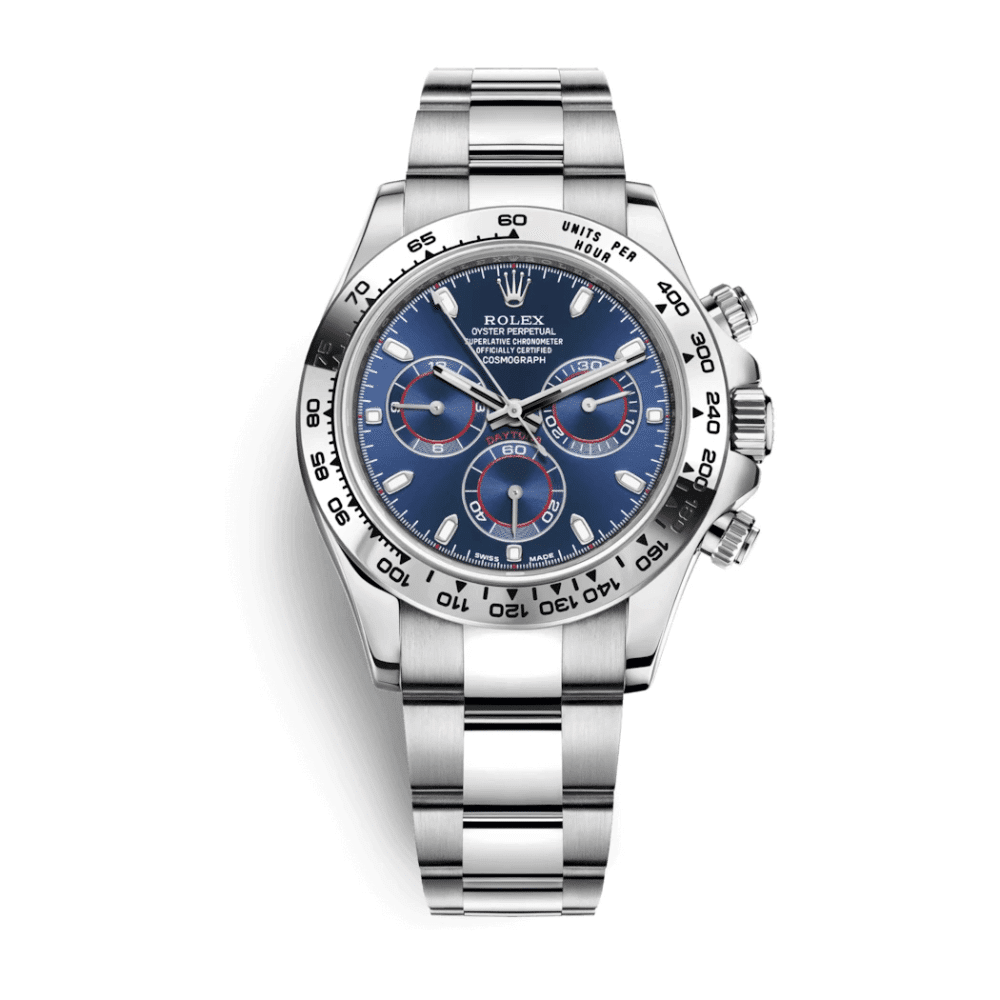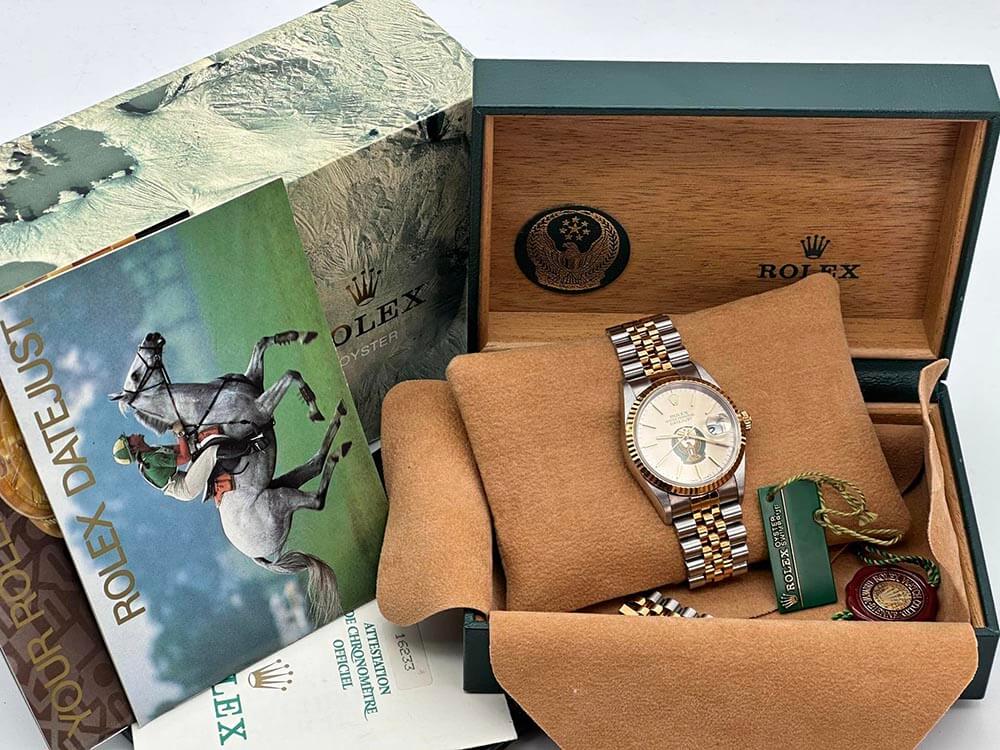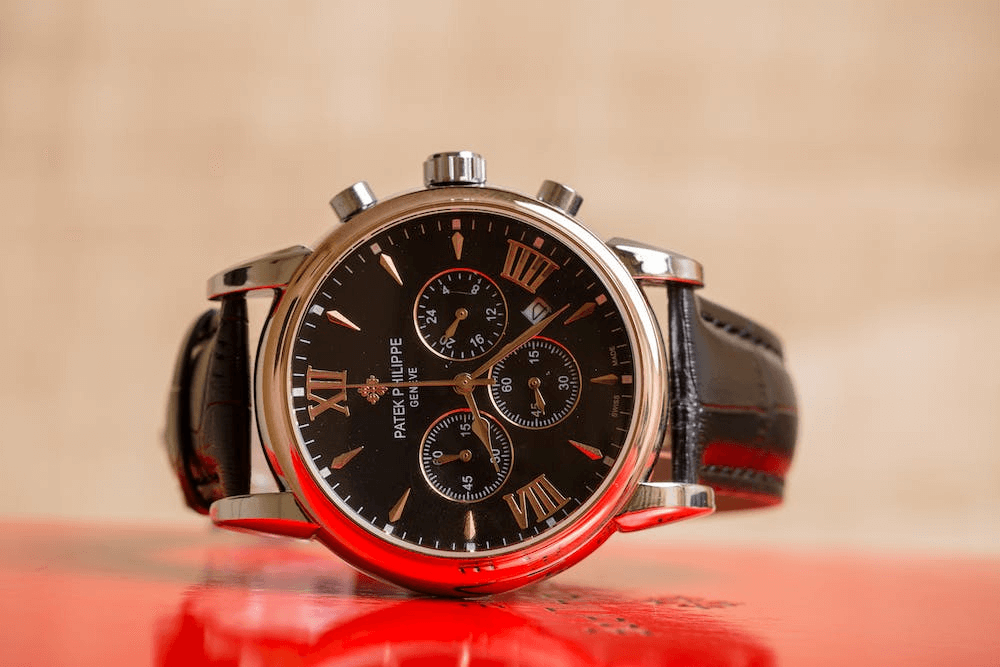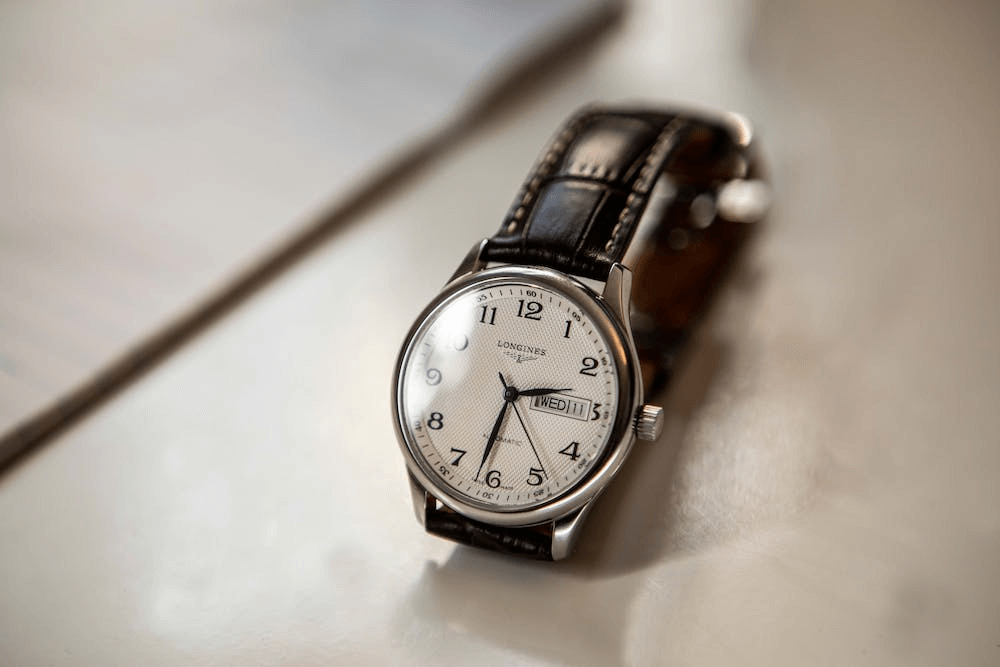In 1784, Pierre and Henri-Louis Jaquet-Droz headed three production and profit centers: one in La Chaux-de-Fonds, a second in London as well as a third in Geneva dedicated to low-volume watchmaking production. After moving to Geneva, Jaquet-Droz & Leschot specialized in the manufacture and export of luxury watches featuring automata, musical mechanisms or other complications, in the meantime developing their production of singing birds. Sales were handled by agents in France for the most part, but also in London and Canton. In 1788, the success and prosperity of Jaquet Droz & Leschot peaked, but this period was of short duration. In 1790, drafts made on their principal correspondent in China came back unpaid and their main client in London failed, putting the company in the red. The partnership with Henry Maillardet had to be liquidated.
These misfortunes darkened Pierre Jaquet-Droz’s final years. He left Geneva to live in Bienne, Switzerland, where he died in 1790. His son died the following year during a trip to Naples with his wife. He was only 39 years old. Given the disastrous economic repercussions of the French Revolution in 1789 and the conflicts that arose as a result, the business, now headed by Jean-Frédéric Leschot, ran into serious financial difficulties. He continued to make high-priced watches, snuffboxes and singing birds, but had to show great prudence: customers were notified that he now preferred to be paid cash on delivery and would no longer sell to faraway markets.
The Napoleonic Wars, which pitted France against nearly every other nation of Europe, put an end to prosperity for the nobility and well-to-do bourgeoisie. The Continental Blockade, decreed by Napoleon in 1806, killed off any remaining market for very luxurious objects and greatly inhibited trade with England. For Jaquet-Droz & Leschot, this was the end of a period of great creativity and prosperity
